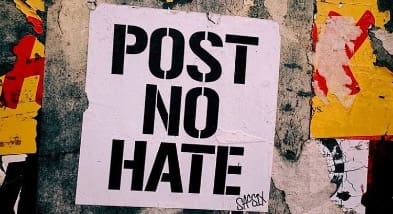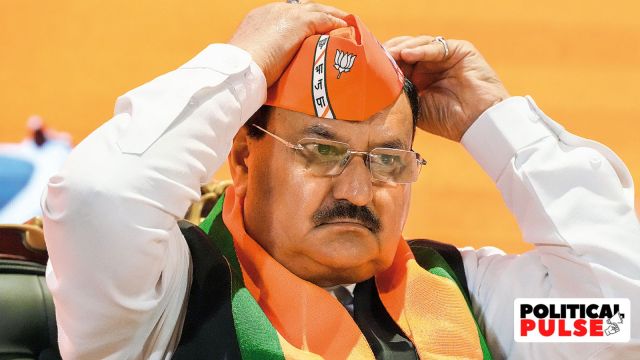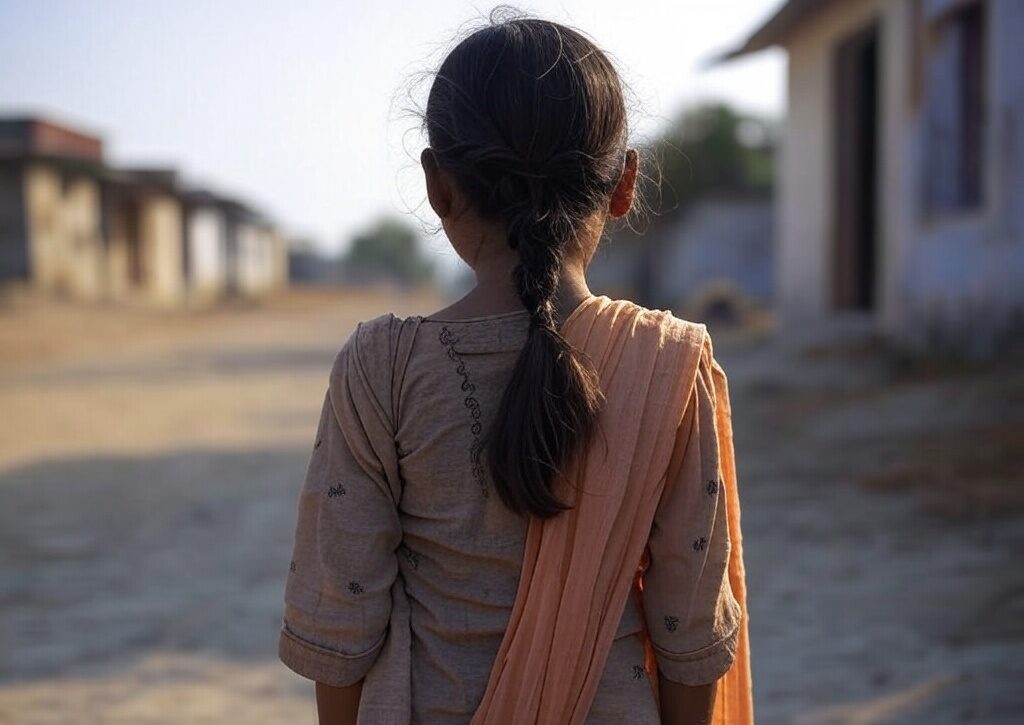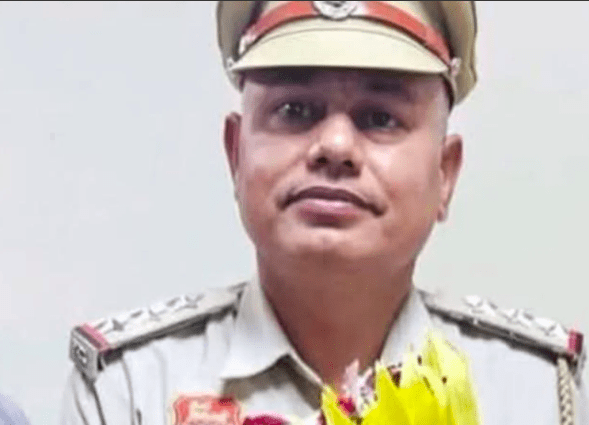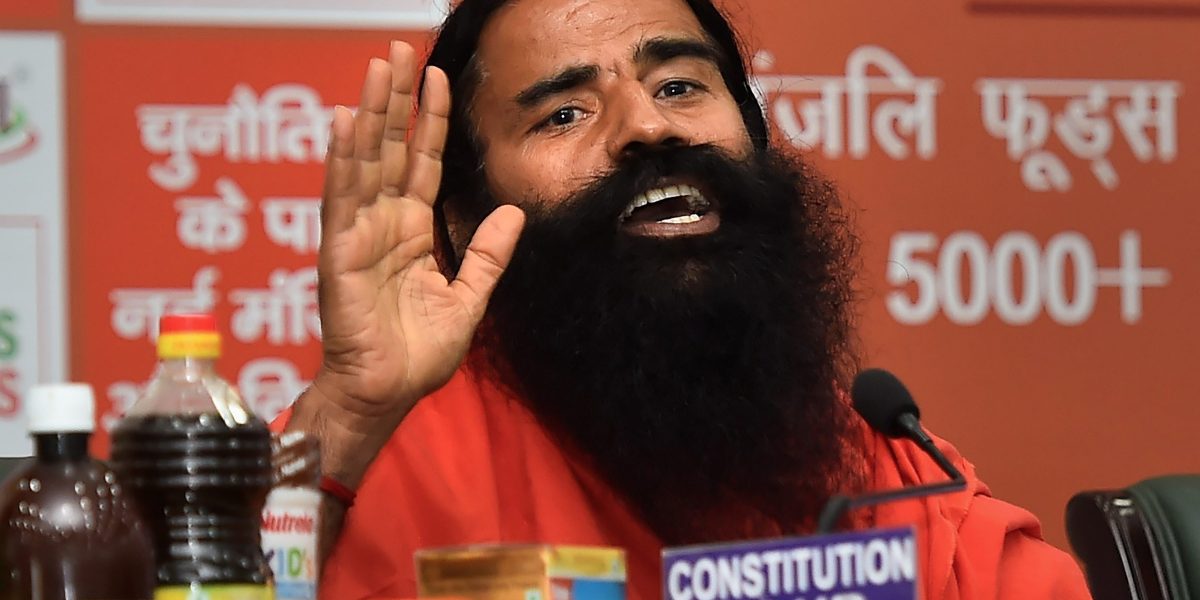
The Exclusion of Muslims in India is thumbing into a grave and serious nature that deserves affirmative actions. Despite being the largest minority, they are the most backward among all the religious communities, a fact which the popular discourses find uneasy to accept. Condition is even worse when it comes to Muslims belonging to Lower castes (Dalit Muslims).
They remain along with their Christian counterparts, excluded from reservations even after over 70 years after the Government of India passed a Constitutional order in support of Affirmative action. The Constitution (Scheduled Castes) Order, 1950 – to recognise and identify groups as belonging to Scheduled Castes and granted SC status only to those Dalits belonging to Hindu Religion.
This Order was later amended: in 1956 to include Dalit Sikhs and in 1990 to include the Buddhists as SCs.
However, if the reasoning is that religion is no bar for Buddhists and Sikhs for receiving reservation despite being recognised as distinct, non-Hindu religions, then why not [grant reservation to] Christians and Muslims? They are excluded because they are considered to be “non-Indic” religions.
Constitutional experts have been arguing that the Presidential Order of 1950 is unconstitutional and is a clear violation of Articles 14, 15, 16 and 25, which guarantee equality before the law and equal protection of laws, equality of opportunity, freedom of conscience and protect the citizens from discrimination by the state on grounds of religion.
The only thing that can be inferred from this: this reasoning is inconsistent and arbitrary, and by the virtue of that; unjust. Owing to that, some Muslim Dalits tried to take the issue to the Court but their plea was rejected by various courts. In the case of Punjabrao Vs. Dr D.P. Meshram and Others, the Supreme Court of India ruled that under clause 3 of Constitution (SC) Order, 1950, if a person wants to be treated as SC within the meaning of the order, he must be one who professes either Hindu or Sikh religion.
In another case Aqeela Khanum and others Vs. Nagpur Municipal Corporation and others (2004), The High Court ruled that the law is well settled that there can be no reservation in the category of SC in Islam and the SC category is only permitted for the Hindu community. Thus, the courts have been indifferent and harsh towards Muslim Dalit’s to take any benefit under the SC category.
Abdur Rahman argues in his book “Denial and Deprivation” that members of RSS have been using this order to lure Dalits of Muslims and Christians Community to convert to Hinduism or Sikhism and which is nothing but the “Ghar Wapsi programme” of RSS.
In Indian society, while the Ashraf’s and the Ajlaf”s occupy the highest and middle position in the Muslims Social Structure, the Afzal’s are the lowest level. They have occupations identical to their Hindu Dalit counterparts. Landless Muslim castes, who have been engaged in menial Professions for generations have been into this status for seven decades, have been pushed into further impoverishment, and according to the Kumar Suresh Report, there are some 35 Muslim castes that have SC background and engaged in occupations traditionally associated with Hindu SCs.
Thus, justice awaits.
Political representation
The first and foremost effect of this exclusionary approach towards Muslims is that it has side-lined Muslims in the political representation. There are many Assembly seats where Muslims are in majority but still, they cannot win because those seats are SC reserved. And through the above mentioned constitutional order of 1950, people professing Islam as their faith cannot be considered SC, making it hard for Muslims to build leadership.
For instance, the state of UP alone has almost 15 to 18 seats where Muslims have enough chances to win but all those seats are reserved for SCs. Assembly seats like Purqazi where Muslims constitute 76.33% of the total population, Nehtaur (75.89 % Muslim population), Rampur Maniharn ( 48.19% of Muslims), Nagina (46 % ) but still Muslims have never been able to represent these seats just because of the exclusion from the SC list. In a State like UP where Muslims constitute more than 22% of the total population, only 23 are sitting MLAs and the position is not so different in other states. West Bengal has many seats (Minakhan, Hemadabad ) where Muslims are in good numbers but still, the denial of SC status to Muslim Dalit’s deprives them of even contesting in those seats. The Punjab and Haryana High court, on 7 April 2015, set aside the election of MLA Mohammad Sadiq from Bhadaur (reserved) constituency in Barnala District, holding that MLA is a Muslim and thus not competent to contest election on SC reserved seat.
Poor Socio-Economic Condition of Muslims
Another impact of the exclusion from the list of SC is that the socio-economic condition of Muslims. While Dalits belonging to other religious communities avail the benefit of reservation policy, it is Muslims and Christians who are deprived of such rights and opportunities. The Sachar Committee report had observed that “Arzals… [have] similar traditional occupations as their Hindu counterparts in the list of Scheduled Castes. And it is widely believed that these communities are converts from [Hindu] untouchables. Change in religion did not bring any change in their social or economic status”.
Likewise, the National Commission for Religious and Linguistic Minorities or Ranganath Mishra Commission, which submitted its report in 2007, soon after the Sachar Committee report, also recognised the vulnerable situation of Dalit Muslims and emphasised that their inclusion along with Dalit Christians in the list of Scheduled Castes could strengthen Dalit Unity and make them assertive.
The NSSO report submitted that the socioeconomic indicators of Muslims are lower than the SCs and STs. Using the NSSO Report: ( NSSO report (PLFS-2018) and the NSS-EUS (2011-12), The marginalisation of Muslims on socio-economic indicators becomes clear when we evaluate the statistics related to youth currently in educational institutions.
The percentage of youth who are currently enrolled in educational institutions is the lowest among Muslims. Only 39 per cent of the community in the age group of 15-24 are in educational institutions as against 44 per cent for SCs, 51 per cent for Hindu OBCs and 59 per cent for Hindu upper educational sector is not the only sector where Muslims are behind the SCs, STs or non-Muslims OBCs, the picture is worse when we try to examine the position of Muslims in the Employment sector.
The Inclusion of Muslims within the List of SCs would increase the participation of the Muslim community in the educational and employment sector. Marginalization of Muslims does not owe its ground only to the politics of any party or a group but it precisely owes its ground to the structural lapses that must be acknowledged and corrected by the institutions. No Government can promote good governance unless these structural lapses are corrected, which hopefully will be rectified when the plea, pending before the court sees the daylight.
Saqib Rasool Bhat is a law student from Aligarh Muslim University.
This story first appeared on maktoobmedia.com


